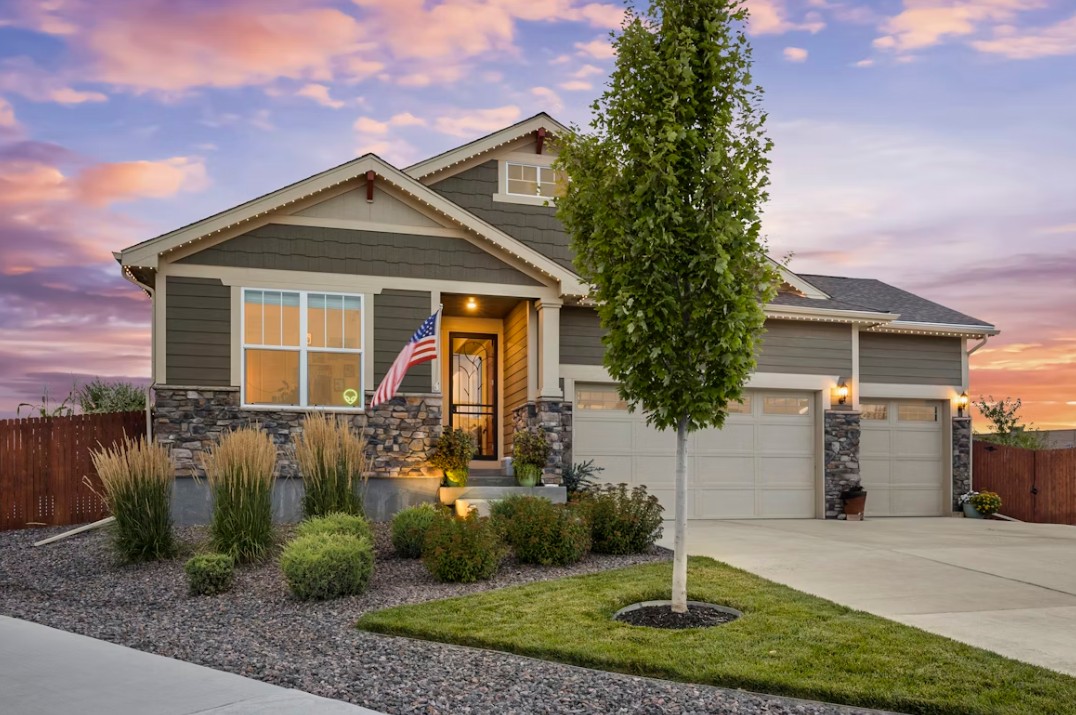Ensuring the safety of rental properties is a top priority for any landlord seeking to attract and retain tenants. Security upgrades not only protect the property itself but also provide tenants with peace of mind, which can directly impact their satisfaction and lease renewals. Many landlords want to know how they can reduce the cost of installing a security system without compromising on quality, and the answer lies in understanding the range of options available and setting a realistic budget for their situation.
The Importance of Security in Rentals
Tenants value safety above most other amenities. A secure property can be a determining factor when renters are deciding between similar homes. To landlords, investing in security features can make the property more competitive in the market, increase tenant trust, and potentially result in a slightly higher rent.
Security systems are another form of property protection, in addition to enhancing tenant appeal. Burglary, vandalism, or unauthorized access may cause expensive damage. These risks can be significantly mitigated by a properly designed system, which benefits not only the tenant but also protects the landlord's investment.
Understanding the Costs of Security Systems
Security upgrades vary in price depending on the type of system selected. Old wired systems can be professionally installed, which adds to the initial costs due to equipment and labor. The wireless systems, however, can be installed easily in most cases with reduced labor costs, but monthly monitoring may still incur charges.
Industry estimates put the range of money landlords can spend on simple arrangements at a few hundred dollars and the more sophisticated, full-monitored arrangements at several thousand dollars. Expenses can be related to equipment cameras, motion detectors, and control panels, installation expenses, and periodic monitoring expenses. The awareness of these categories helps landlords make informed decisions and plan their budgets effectively.
Balancing Upfront Investment and Long-Term Value
The initial investment and the security systems that will be of value are some of the most important factors that landlords should consider. Although the initial price can be pretty overwhelming, the retention of tenants and the lowered risk of property damage tend to offset the costs in the long term. When tenants are assured of their safety, they are more likely to sign renewable leases, which saves landlords the unseen expenses of high turnover.
Additionally, landlords can discover that some insurance companies offer lower premiums for properties equipped with sophisticated security systems. Such savings can also be calculated over the years to offset the initial investment, making it a financially viable decision in the long run.
Options for Different Budgets
All landlords require or have the resources to invest in the same degree of security. For landlords renting multiple units, simple security tools, such as deadbolts, outdoor lights, and entry cameras, may offer adequate deterrence at a comparatively low cost. In cases involving single-family rentals in more problematic areas, a more sophisticated monitored system may be required to ensure tenant satisfaction and property safety.
In other instances, landlords have the option to select modular systems that allow for upgrades to be made gradually. The strategy would enable them to begin with the basic features and add more as budgets become available. In this way, the landlords will be able to make direct enhancements in terms of safety without assuming enormous initial expenses.
How to Budget Wisely
Landlords must budget for security upgrades to ensure they consider both the short-term and long-term benefits. One prudent measure is to set aside a portion of the yearly property maintenance budget for security. This ensures that upgrades are not neglected and that there is a source of funding when it is time to replace or upgrade something.
It is also important to research prior to committing. Comparing professional installation to DIY alternatives, landlords will have the opportunity to decide whether to invest in a full-service package or opt for more flexible options. Openness regarding these upgrades to tenants can also be used to justify small rental increments, which will allow landlords to recover their investment more quickly.
Making Security a Selling Point
When the landlords consider security as a value of the property, it is not simply an expense. In competitive rental markets, advertisements for rentals that feature characteristics such as smart locks, camera systems, or 24/7 monitoring can effectively distinguish a property. Peace of mind is another reason why tenants will not hesitate to pay a premium, especially if they have experienced unsafe living conditions in the past.
These upgrades in the listing, along with their promotion by the landlords, not only ensure the property's safety but also provide a marketing edge. This supports the notion that security investments are not only expenses, but assets that increase profitability in the long term.
Conclusion
When landlords are keen on rental-home security upgrades, they make their properties more desirable, secure, and ultimately lucrative. The cost of systems may fluctuate, but with careful budgeting, a suitable balance of cost and value is ensured. Landlords can make informed decisions by researching options, considering the needs of tenants, and evaluating the long-term benefits; this will ensure the protection of their investment as well as that of their renters. Security is no longer a luxury; it is a necessity, and forward-thinking landlords are well-positioned to deliver.










